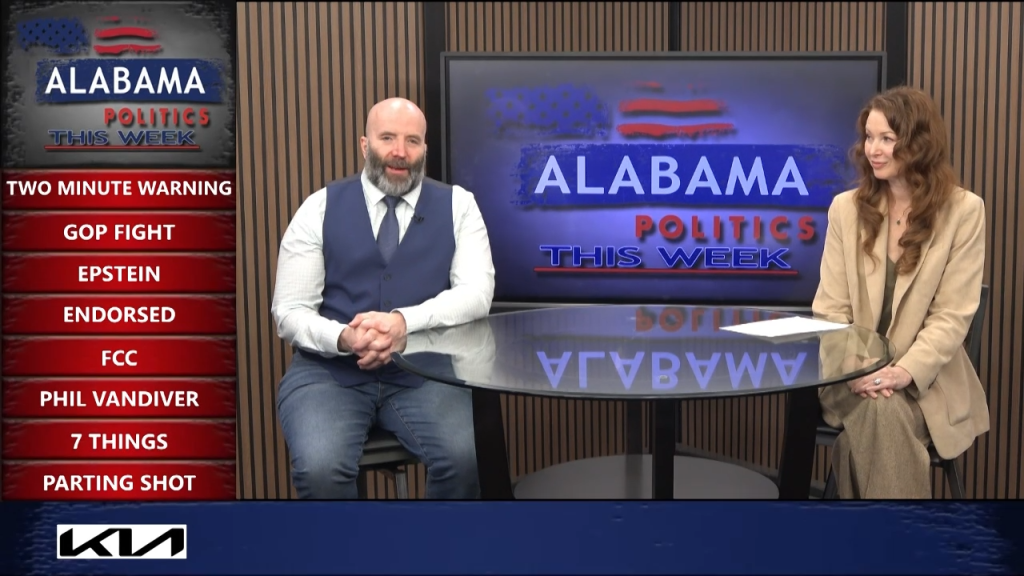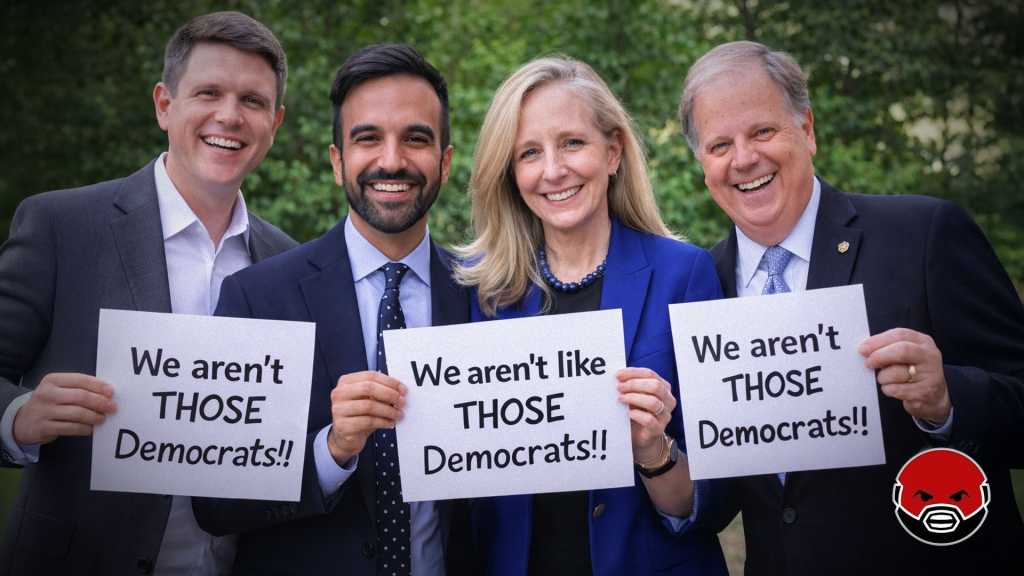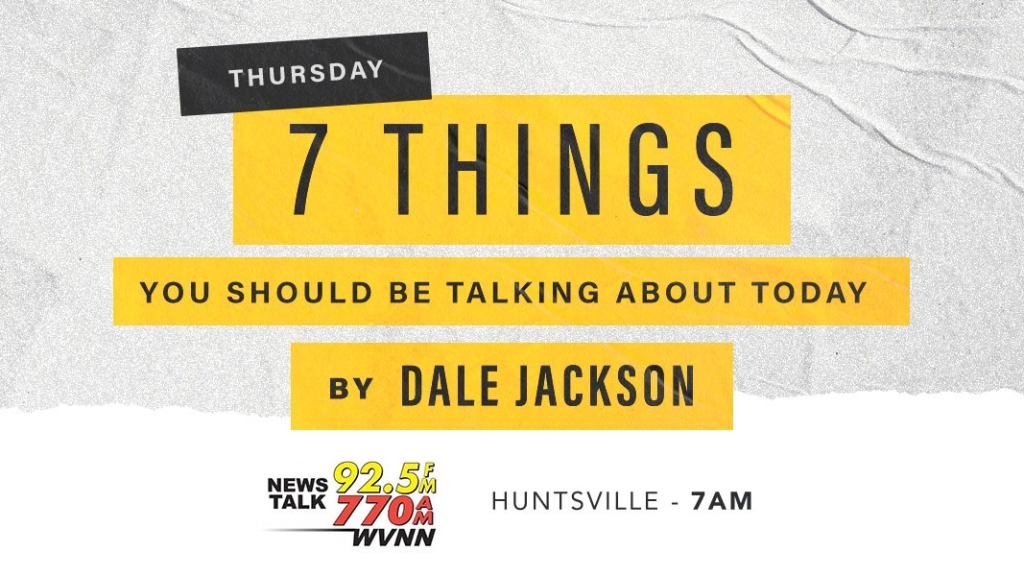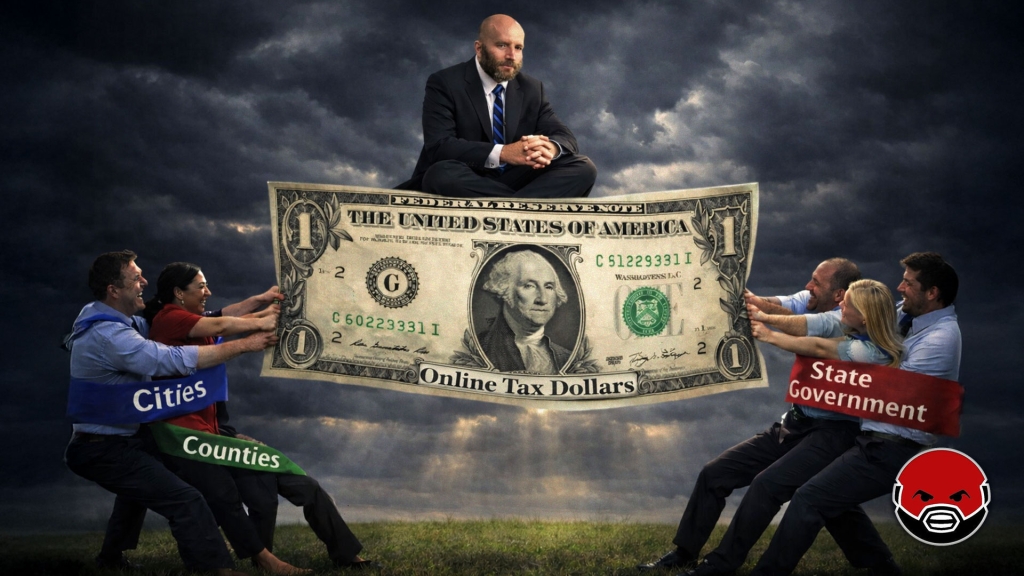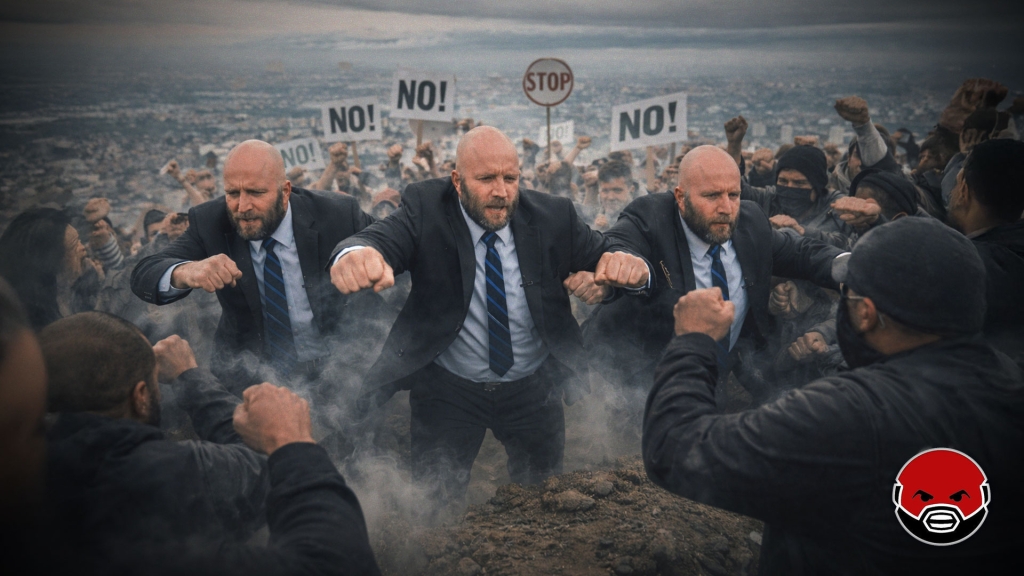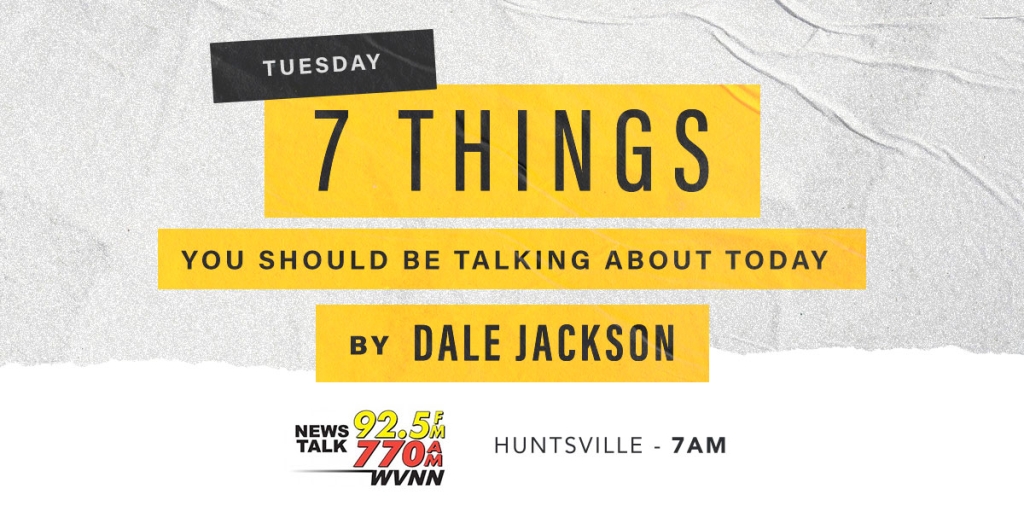Mick Mulvaney, White House budget director and acting director of the Bureau of Consumer Financial Protection (known until a few days ago as the Consumer Financial Protection Bureau; Mulvaney rebranded it according to its statutory name) spoke at an American Bankers Conference on Tuesday and made some controversial statements.
“We had a hierarchy in my office in Congress,” Mulvaney, a former Republican congressman from South Carolina, said according to the New York Times. “If you’re a lobbyist who never gave us money, I didn’t talk to you. If you’re a lobbyist who gave us money, I might talk to you.”
That, my friends, is a shot of adrenaline into the movement for campaign finance reform.
“If you ever needed more reason to believe we must reform our campaign finance system, this is it,” Sen. Michael Bennet (D-CO) tweeted on Wednesday. “A government by the people for the people should not reward those who can write the biggest check.”
The sentiment driving calls for campaign finance reform is widely-felt and in many ways, I’m sympathetic to the arguments, but the way progressives frame the debate is flawed because it makes implicit arguments against the candidates, while going directly after the donors themselves. It ends up assigning culpability for undesirable political outcomes to businesses and industries rather than candidates – who become elected and enact policies – themselves.
In this case, Sen. Bennet is in a way critiquing Mulvaney but only by condemning his donors. This structure of argument leaves candidates largely off the hook, though it does scratch the always pervasive, progressive, anti-big business itch.
Ultimately, candidates can still be candidates without donors. Without candidates, donors can’t be donors.
@jeremywbeaman is a contributing writer for Yellowhammer News





